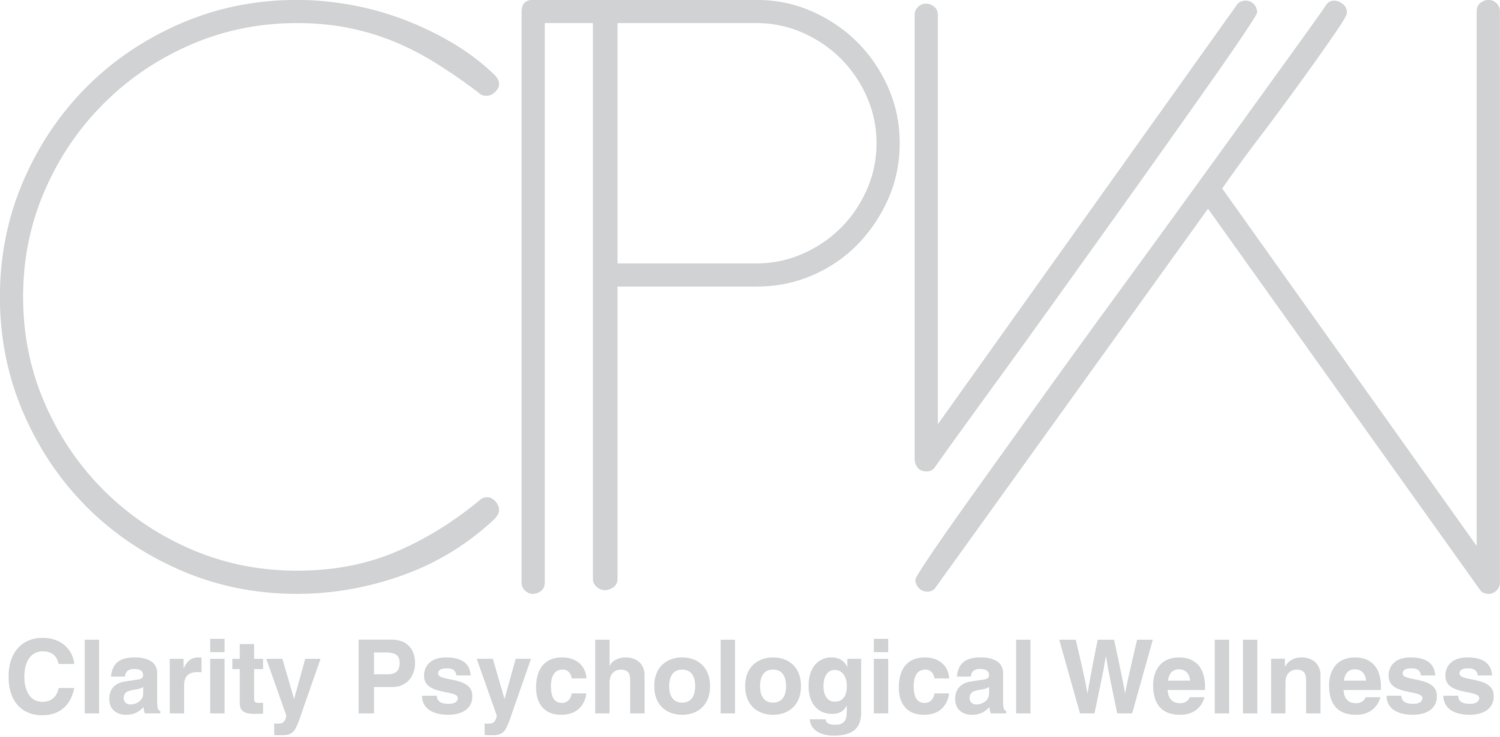
Therapy for Grief & Loss in Raleigh, NC
“Grief is not a disorder, a disease, or a sign of weakness. It is an emotional, physical, and spiritual necessity, the price you pay for love. The only cure to grief is to grieve.” -Earl Grollman
Unfortunately, we will all face significant losses at some point in our lives. It’s often said that grief is the price we pay for loving deeply. Because grief is so profoundly painful, we may instinctively resist confronting these intense emotions, or we may find ourselves trapped in them, unable to find a way out. Failing to process grief can lead to physical illness or psychological suffering. It can lead to intense sadness, guilt, confusion, shame, memory lapes, brain fog, hopelessness, loneliness, changes in sleep and appetite, GI symptoms, headaches, anxiety or depression. However, addressing grief in a healthy way can foster growth and healing across all areas of life.
Grief is unique in that each loss we endure carries with it the echoes of every previous loss we have experienced. Each new loss is intertwined with the weight of all past losses, making each experience of grief a complex tapestry of emotions.
There is no "right" way to grieve. However, grief can feel more manageable when we don’t face it alone. Unfortunately, well-meaning responses from those around us can sometimes intensify our pain or make us feel misunderstood. Finding support that allows you to grieve in your own way—without minimizing your experience or rushing the process—can truly make a difference. It’s possible to navigate grief within the context of a meaningful, authentic relationship that honors your individual journey.
Types of Grief
Grief can take many forms, including (but not limited to) anticipatory grief, ambiguous grief, and traumatic grief. Anticipatory grief arises before a loss occurs, as you begin to feel the pain of the impending loss, knowing it is near. Ambiguous grief involves a loss that is not as clear-cut as physical death. This could include situations such as family estrangements, losing a relationship due to substance abuse, a loved one suffering from dementia, or experiencing a breakup or divorce. Ambiguous grief can be particularly difficult to explain to others and may lead to feelings of shame, isolation, and confusion. Traumatic grief follows an unexpected loss, such as a sudden death or a shocking event. It is often intensely painful and can be unpredictable. The course of traumatic grief can vary, with emotions resurfacing unexpectedly over time, sometimes for many years.
Our Grief Specialists Can Help
We recognize that grief is complex and deeply personal, and we don’t believe in a one-size-fits-all approach. Our therapists are here to listen and support you without offering empty platitudes or minimizing your experiences. Our role is to help you navigate the intricate emotions of grief and explore the underlying factors contributing to your pain. Relationship-based therapy can help you gain clarity, reduce feelings of confusion, embarrassment, and loneliness, and better understand your experiences. Whatever loss you are facing, know that you don’t have to carry it alone.

